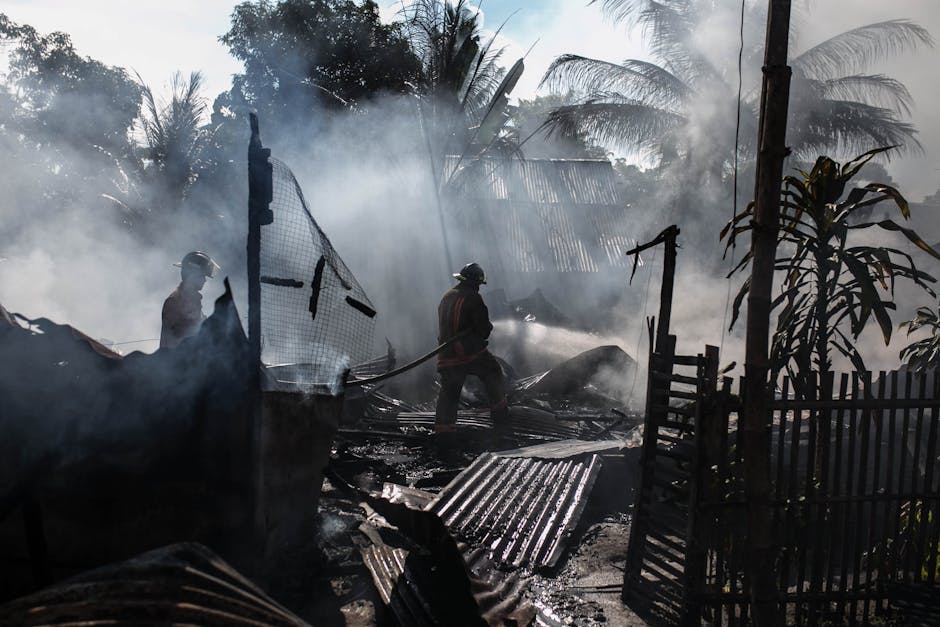With all the fires raging in the west and memories of floods last year, we are reminded that global climate change is disrupting our patterns of weather. While many people have said that extreme weather that we've experienced is "the new normal," experts say that what we've experienced so far is only the beginning. If you aren't already demanding that our politicians at all levels, acknowledge and address climate disruption, you should be.
In order to protect your property you need to assess the risks from fire and flood (earthquakes are another risk in Utah that are addressed in other blog posts). Having recently spent a week in N. California helping a friend clean up from the aftermath of the Tubbs fire that killed 44 people and destroyed the house her grandparents built, I saw tons (literally) of dry vegetation waiting to turn into disaster. Just a week later, the area where we hiked in Lake County was obliterated by fire, along with many homes lining the road to our hike.
The August 4/5 Wall Street Journal features an article by Leslie Schism & Nicole Friedman: "Learn what your insurance covers before disaster hits." I can't provide a link since you need to be a subscriber, but will summarize:
1. Read your policy! It's important to know what is excluded, like flooding. Flooding is a real danger in Utah, even if you aren't near a stream or river, especially if you are near a hillside that burned in past few years.
2. Live in or near a flood zone? Buy a flood policy through your insurance company or the National Flood Insurance Program. https://www.fema.gov/national-flood-insurance-program
3. Check out: https://www.floodsmart.gov/
4. Know the maximum your policy will pay. Repair and rebuilding costs spike after a disaster.
5. Increase your coverage after a major improvement.
6. Inventory your possessions and store this info outside your home.
7. Take action to reduce damage & avoid claims: clear defensible space around your property. Can you reduce the potential for flooding with landscaping? What's in your basement and what will you lose if its flooded?


No comments:
Post a Comment